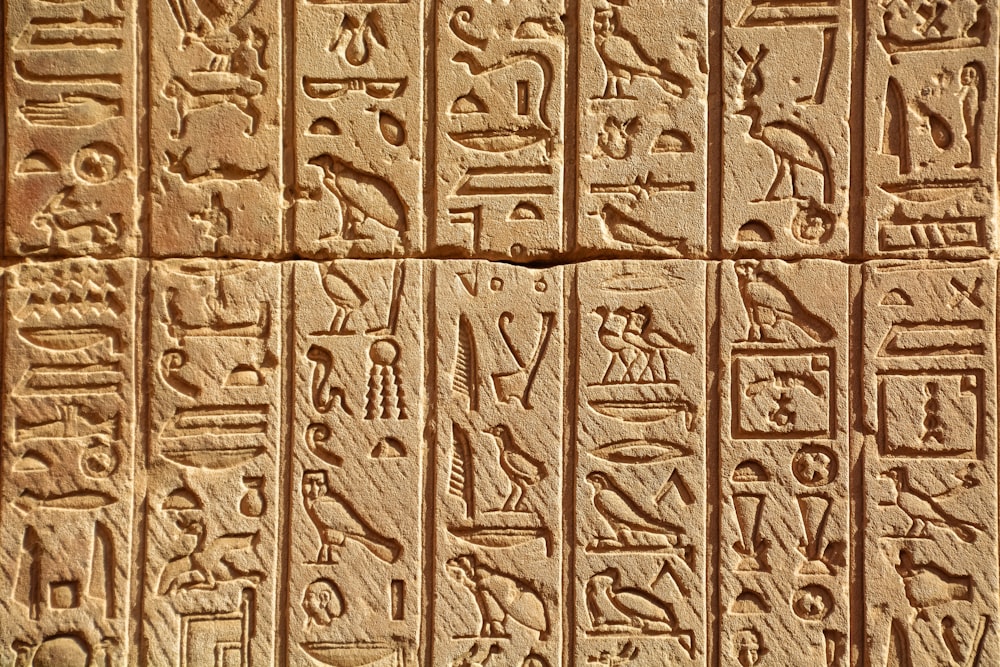Homo sapiens originated from Africa over 300,000 years ago, and genetically modern humans emerged at least 195,000 years ago. History shows that the first signs of early modern humans outside Africa were found in Israel 194,000 to 177,000 years ago and in Greece 210,000 years ago. Modern human remains were recorded in East Asia 80,000 years ago. Some archeological evidence revealed that they reached Australia 65,000 years ago.
However, in Europe, their appearance seems to have occurred much later, perhaps because of ecological barriers and the region’s occupation by Neanderthals. The earliest evidence of Homo sapiens settlement in Europe was found around 45,000-43,000 years ago based on five isolated dental remains from three Italian sites and one in Bulgaria.
Together with history, anthropology, and social science, Archeology has struggled to find the answers to some crucial questions about the origin of the earliest societies and their cultures. The search was started somewhere in the 1980s; researchers have come to understand and now explain the existence of facts and attitudes in the human way of living and thinking that constituted behaviors.
With the help of new concepts and methods, anthropologists have learned about ancient civilizations’ social and cultural aspects. Meanwhile, their main quest was to explore more about the ‘otherness of others,’ a rather complicated concept in anthropology that has been the focus of several renowned anthropologists since 1980.
The earliest evidence of Homo sapiens settlement in Europe was found around 45,000-43,000 years ago based on five isolated dental remains from three Italian sites and one in Bulgaria.
An example that best explains the concept of the otherness of others is the human ego. Anthropologists have been trying to figure out the existence of cognitive ego in humans for a long. They found that the cognitive ego is different from the social ego and intimate ego in humans.

The social ego can be inherited from ancestors, but it mainly develops and grows over the course of a lifetime. However, the intimate ego is fashioned from birth by pleasant or painful encounters with others; it is also called ‘the ego of desires and sufferings.’
More often than not, anthropologists immerse themselves in another society or another milieu to better study and understand the societal norms and behavioral patterns. Their observations are based on their participation in daily life chores of the concerning cultures. This practice requires struggle, high passion, and sweat and is entirely different from going hunting with a group of people.
Realizing the significance of anthropology in the modern world, Scientia Pakistan brings its exclusive edition on Anthropology. We have got some exciting stories on the Nabatian kingdom, the cultural diversity of Pakistan, progressive political anthropology, the significance of modernization in anthropology, South Asian languages, the RNA world, and much more.
We reached out to some prominent anthropologists and chatted about the significance of anthropological studies in Pakistan.
Summing up, this edition will be fantastic entertainment for all anthropology and social science lovers.
Have an excellent read!
Reference:
- http://www.sci-news.com/archaeology/grotte-mandrin-molar-10544.html#:~:text=In%20a%20new%20paper%20published,56%2C800%20and%2051%2C700%20years%20ago.
- Anthropological research by Maurice Godelier

Saadeqa Khan is the founder, CEO, & Editor-in-Chief of Scientia Pakistan. She’s a member of the Oxford Climate Journalism Network (Second Cohort) and NASW. Saadeqa is a fellow of NPF Washington, The Falling Walls Foundation, and the Science Journalism Forum. Saadeqa has won several international journalism grants and awards for her reports.

